Putin’s nuclear threat is real
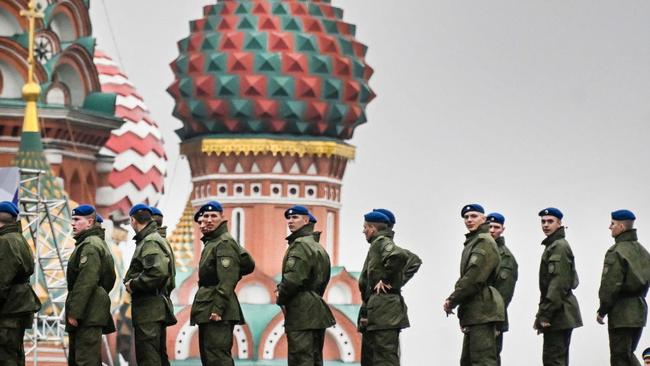
National security adviser Jake Sullivan has warned Russia that any use of nuclear weapons would have catastrophic consequences for Russian forces, and Jens Stoltenberg, secretary-general of the North Atlantic Treaty Organisation, repeated that message on Sunday.
As the Biden administration scrambles to manage the most dangerous international confrontation since the 1962 Cuban missile crisis, it must see the world through Putin’s eyes. Only then can officials know how seriously to take the nuclear sabre-rattling and develop an appropriate response.
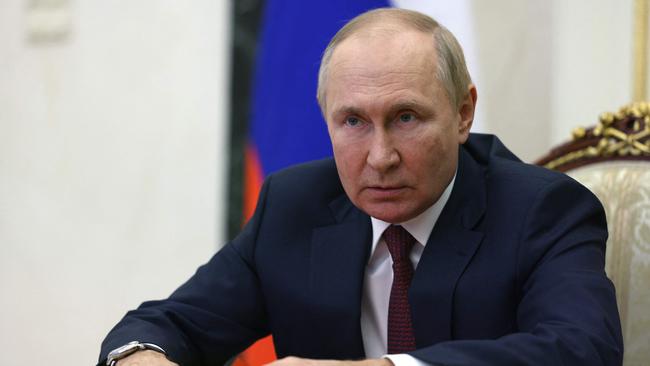
While American presidents going back to George W. Bush have failed to appreciate the depth and passion of Putin’s hostility to the US, the Russian President isn’t that hard to read. Like a movie supervillain who can’t resist sharing the details of his plans for world conquest with the captured hero, Putin makes no secret of his agenda. At Friday’s ceremony marking Russia’s illegal and invalid “annexation” of four Ukrainian regions, he laid out his worldview and ambitions in a chilling and extraordinary speech that every American policy maker should read.
Putin sees global politics today as a struggle between a rapacious and domineering West and the rest of the world bent on resisting our arrogance and exploitation. The West is cynical and hypocritical, and its professed devotion to “liberal values” is a sham. The West is not a coalition of equals; it represents the domination of the “evil Anglo-Saxons” over the Europeans and Japan. Putin sees this American-led world system as the successor to the British Empire, and he blames the Anglo-Saxon or English-speaking powers for a host of evils, from the Atlantic slave trade to European imperialism to the use of nuclear weapons in World War II.
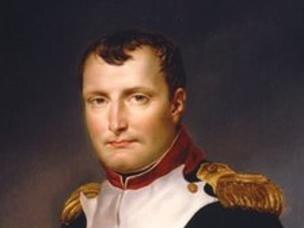
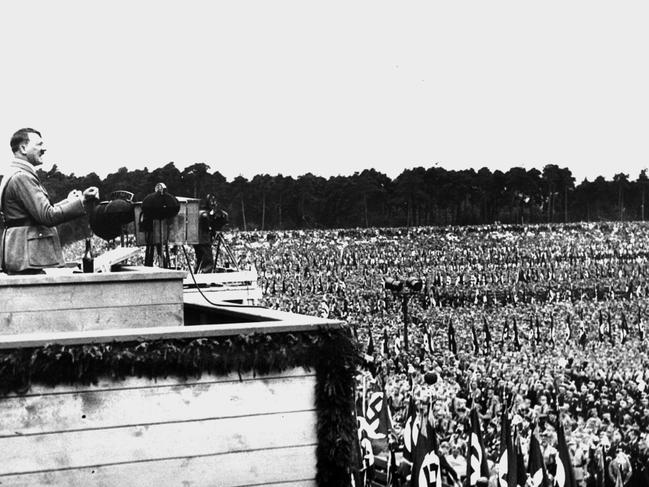
This attack on “Anglo-Saxon” greed, brutality and hypocrisy is not original to Putin. He is reading from a script developed by opponents of British and American liberal capitalism and geopolitical power over hundreds of years. Napoleon could have delivered large swathes of this speech. Very different figures such as Kaiser Wilhelm II, Adolf Hitler as well as Joseph Stalin, Imperial Japanese leaders like Hideki Tojo, Iran’s Ayatollah Ruhollah Khomeini and Osama bin Laden shared much of Putin’s critique. One can hear versions of it on many college campuses, and it plays a significant role in the intellectual and cultural life of many postcolonial countries and movements around the world.
Drawing on this widespread resentment of the liberal West allows Putin to appeal to currents of opinion in Russia and beyond that transcend normal ideological boundaries. Russians who are nostalgic for the Soviet Union can happily co-operate with Russians longing for the tsars. Orthodox Christian traditionalists can make common cause with anti-Western Islamists. This is a hymn book from which fascists and communists can both happily sing. It appeals to the illiberal fifth column Putin hopes to foster in the West as well as to Africans, Latin Americans and Asians who resent continued Western wealth and power. Building a global front against Western and especially American power is central to Russian and Chinese foreign policy.
Putin’s version of the anti-American worldview gives a special role to Russia. “I would like to remind you that in the past, ambitions of world domination have repeatedly shattered against the courage and resilience of our people,” Putin told his audience in the Kremlin on Friday. In this view, Russia is the bulwark of the rest of the world against Western aggression and domination. And for Putin, the conquest of Ukraine is an essential step in preserving Russia’s ability to carry out its historic mission to curb the ambitions of the imperial West.
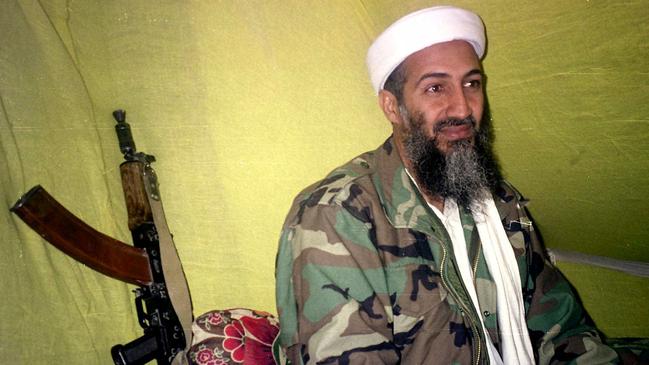
The Biden administration must remember that for Putin the battle in Ukraine is only one part of a global war against the American-led world order. And if Ukraine is going poorly for Putin, the global scene is more encouraging. While NATO has been strengthened and — thanks to Finnish and Swedish accession — is about to be expanded, the global order, already shaken by the Covid pandemic, has taken a beating this year. At least in part owing to Putin’s war, financial markets are in turmoil. Europe faces a daunting mix of double-digit inflation and fuel costs high enough to make important energy-intensive industries economically unviable. Rising food, fuel and fertiliser prices across the Middle East, Latin America and Africa threaten significant social suffering and political unrest. Putin can reasonably hope that over time these problems will strain the West’s cohesion.
Making threats about the use of nuclear weapons in Ukraine advances both Putin’s goals in Ukraine and his larger campaign against the American-led order. Nuclear weapons, he hopes, could shift the military balance on the ground, and the fear of nuclear war could force Washington to dial back military support for Ukraine. The threat or use of nuclear weapons could split Europe between “peace at any price” governments and governments of countries closer to Russia whose determination to resist nuclear blackmail would only grow.
There is one other consideration. Ever since taking power in Russia, Putin has been frustrated by his inability to parlay his country’s immense arsenal of nuclear weapons into real political power in the world. Nuclear weapons made the Soviet Union a superpower; Putin wants that stature back. Extracting significant concessions from the West by nuclear blackmail over Ukraine would be a major step in his goal of regaining the Soviet Union’s place in world affairs.
None of this is good news for the Biden administration. Yielding to Russian blackmail over Ukraine would be a massive blow to American credibility and power overseas and would look weak to Americans who have cheered Ukraine on. Yet deterring a Russian attack involves the risk of a deepening American engagement in an escalating war.
Putin’s armies are in headlong retreat across much of Ukraine. His support at home looks threatened. But the threat he poses to vital American interests must not be underestimated, and the threat that he will use nuclear weapons in Ukraine is real.
The Wall St Journal

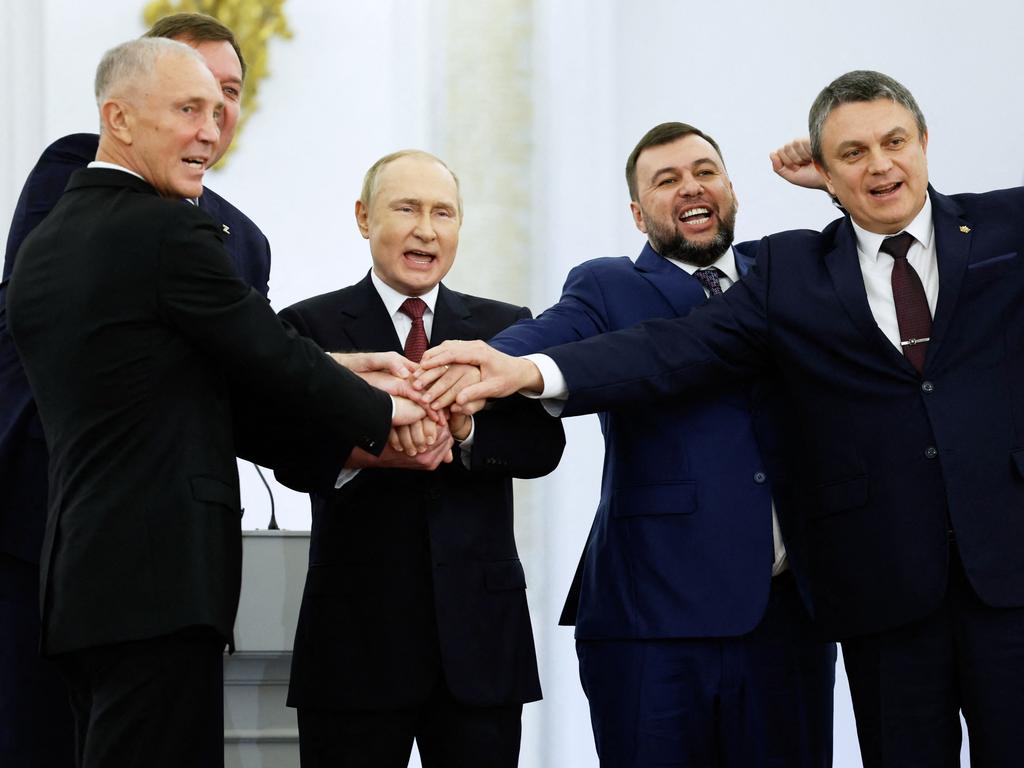

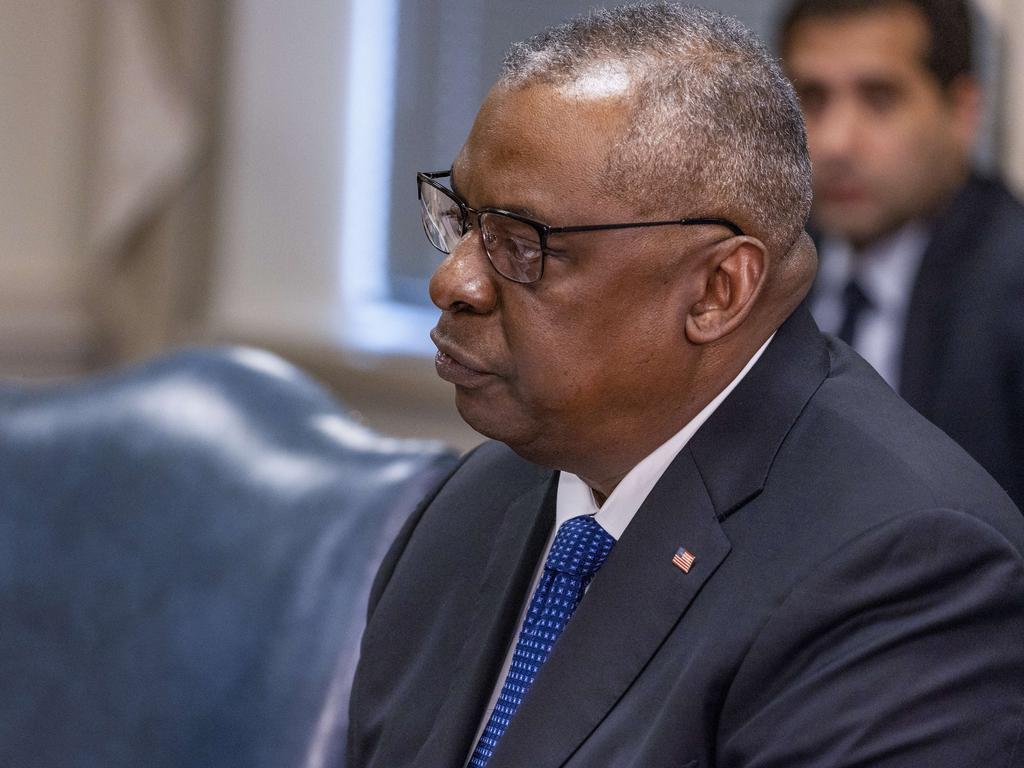



Even as poorly trained, poorly led and poorly supplied Russian forces retreat on the battlefield, the danger that the war in Ukraine will erupt into a wider conflict continues to grow. Vladimir Putin has responded to the weakening of his military position by “annexing” four contested regions inside Ukraine, declaring that the conflict in Ukraine is a war for the survival of Russia, and raising the spectre of a nuclear strike. The West is taking note of these moves and the sabotage of Baltic pipelines connecting European consumers to Russian gas.